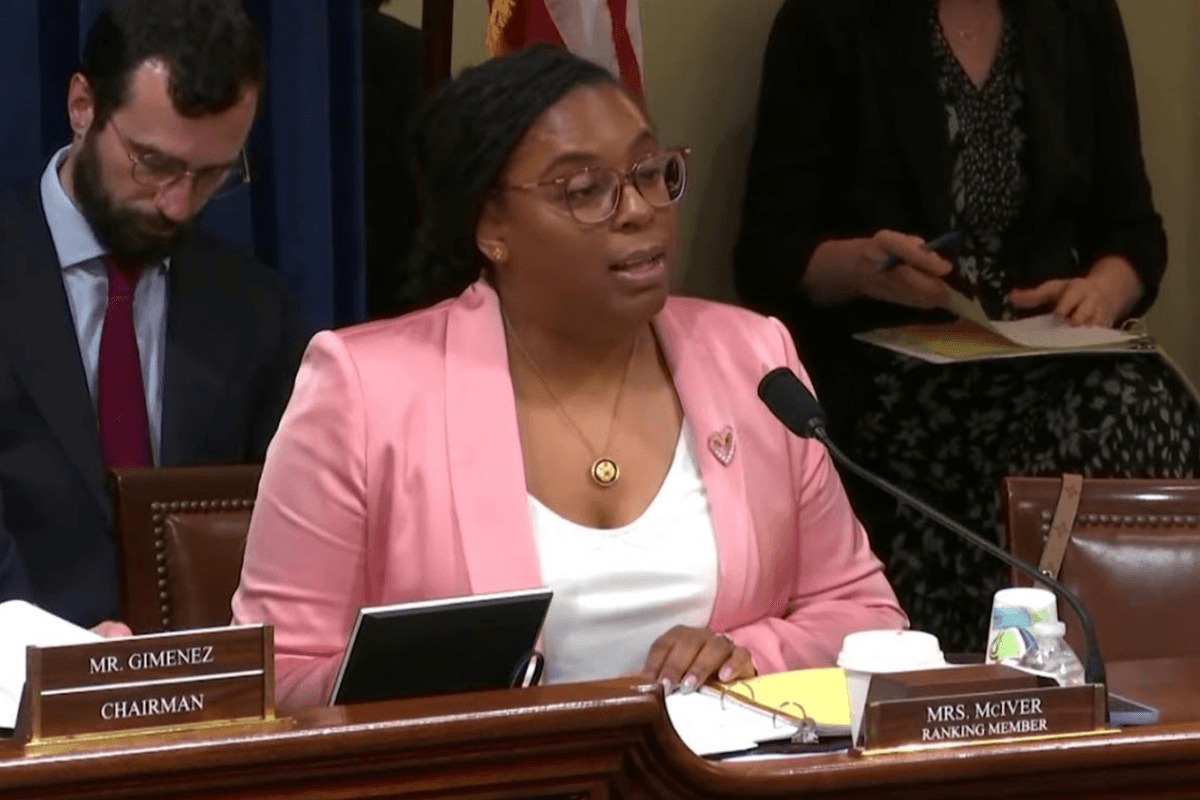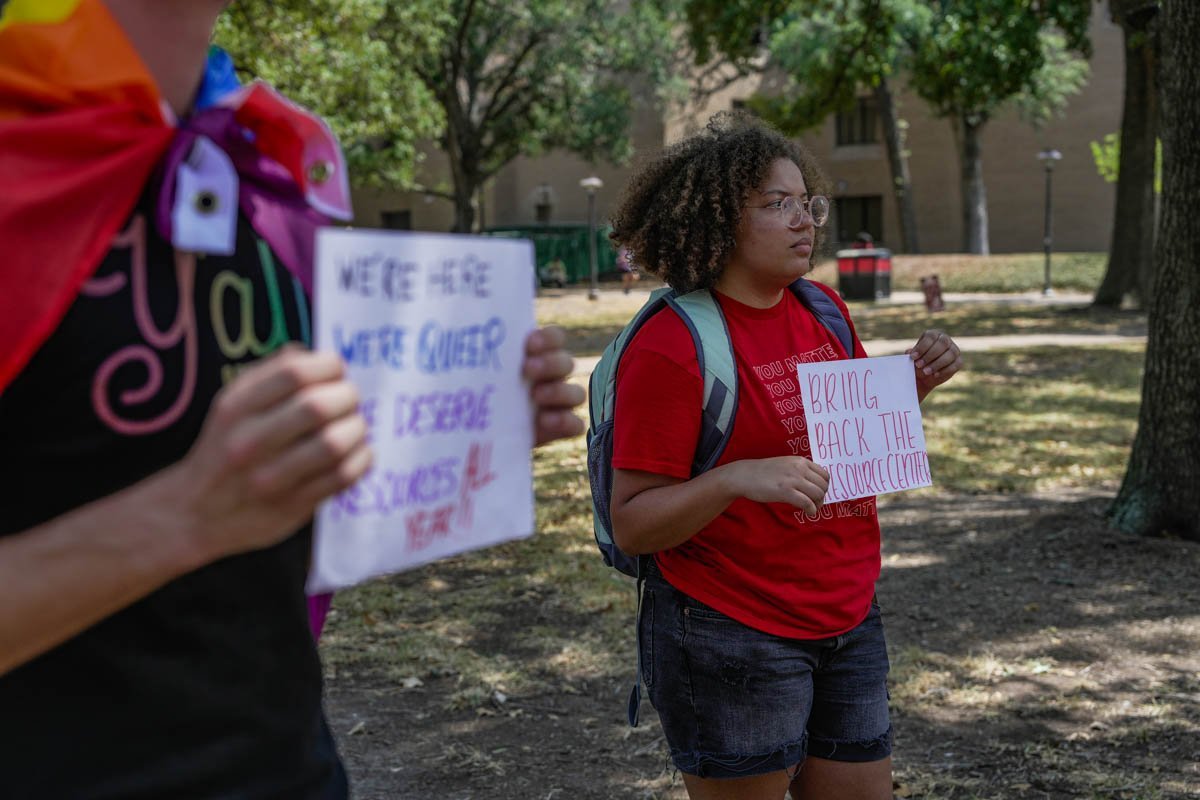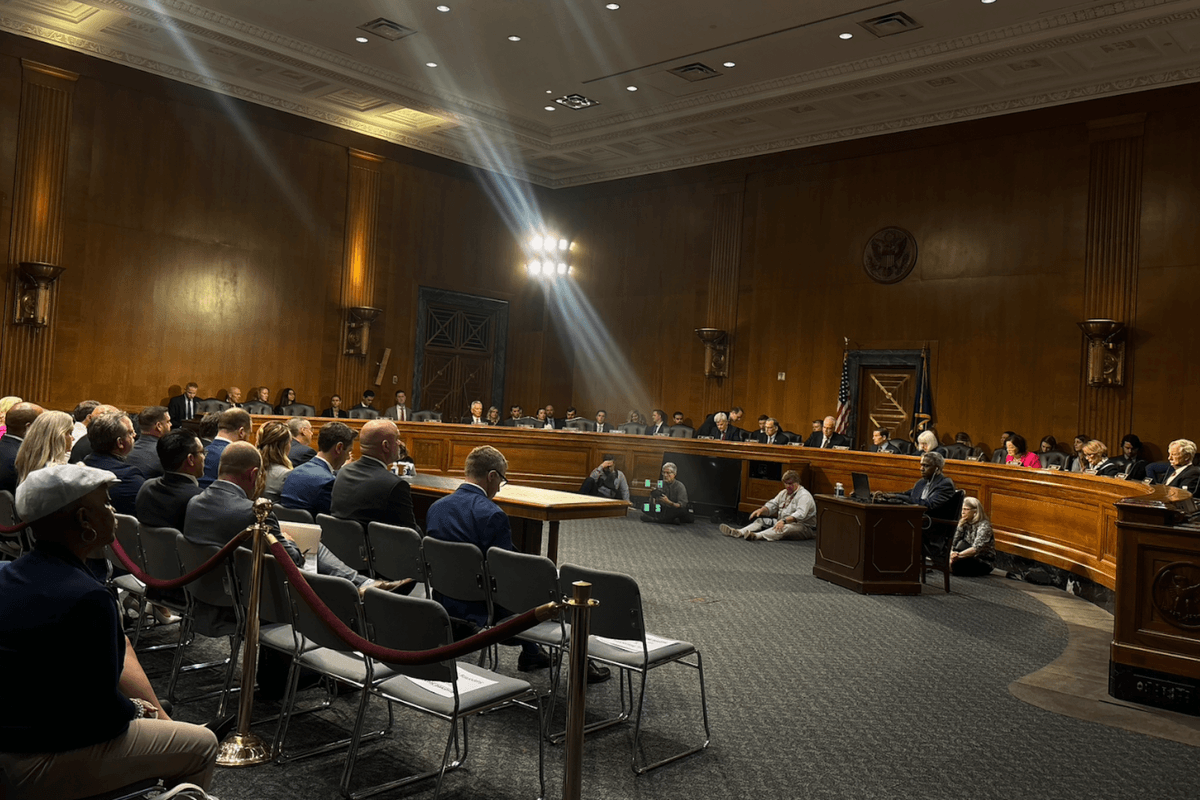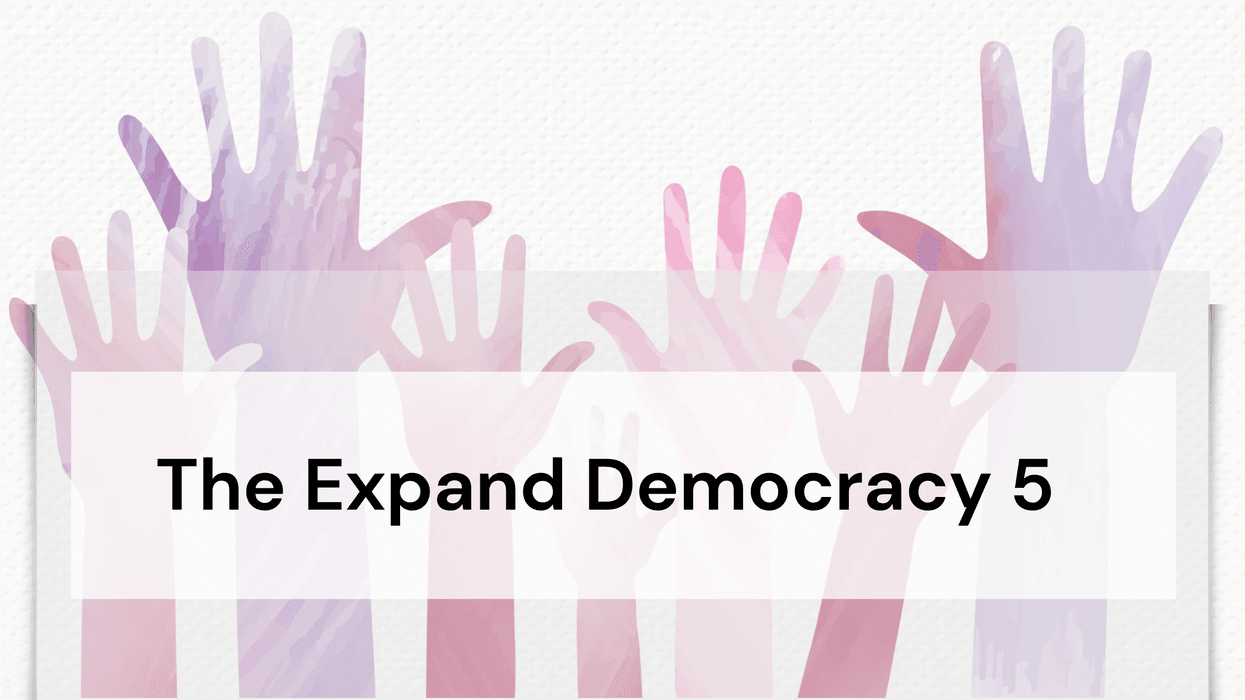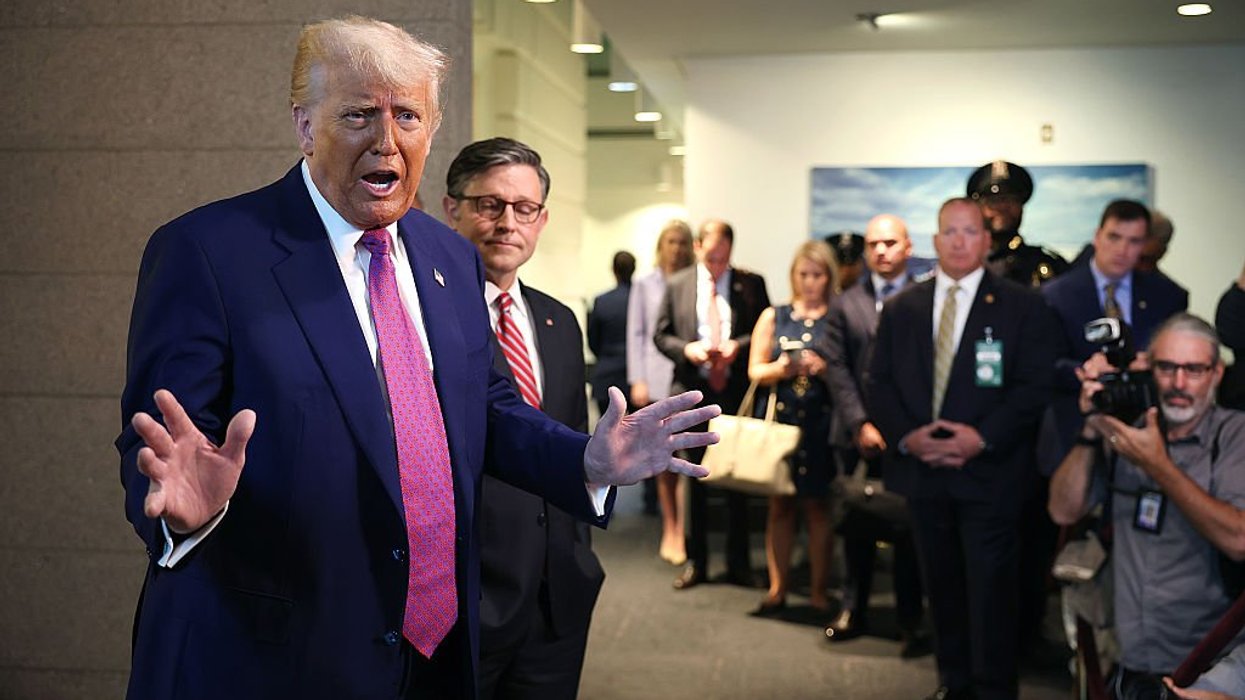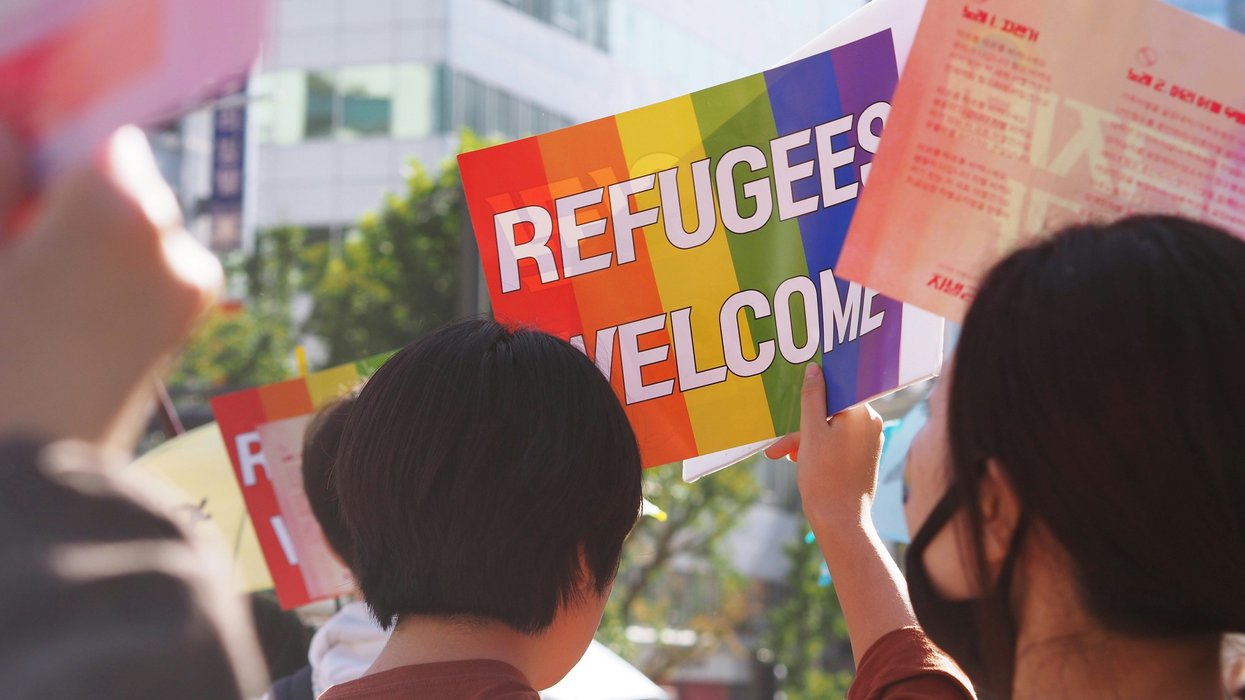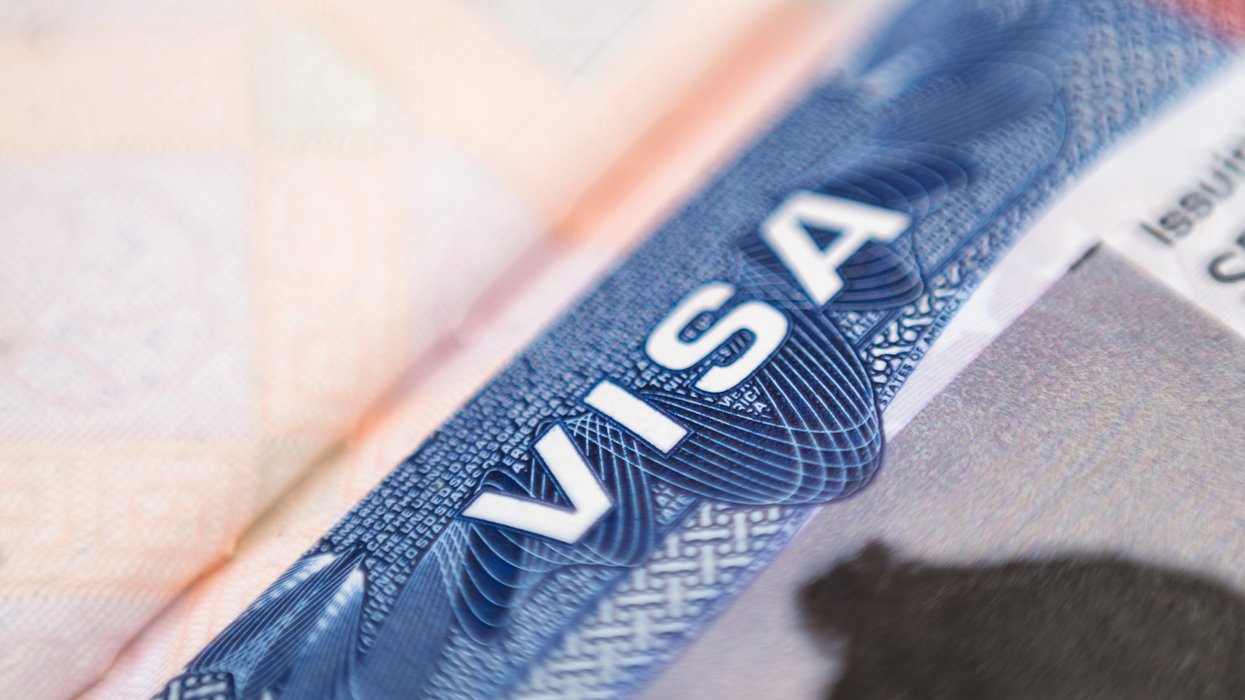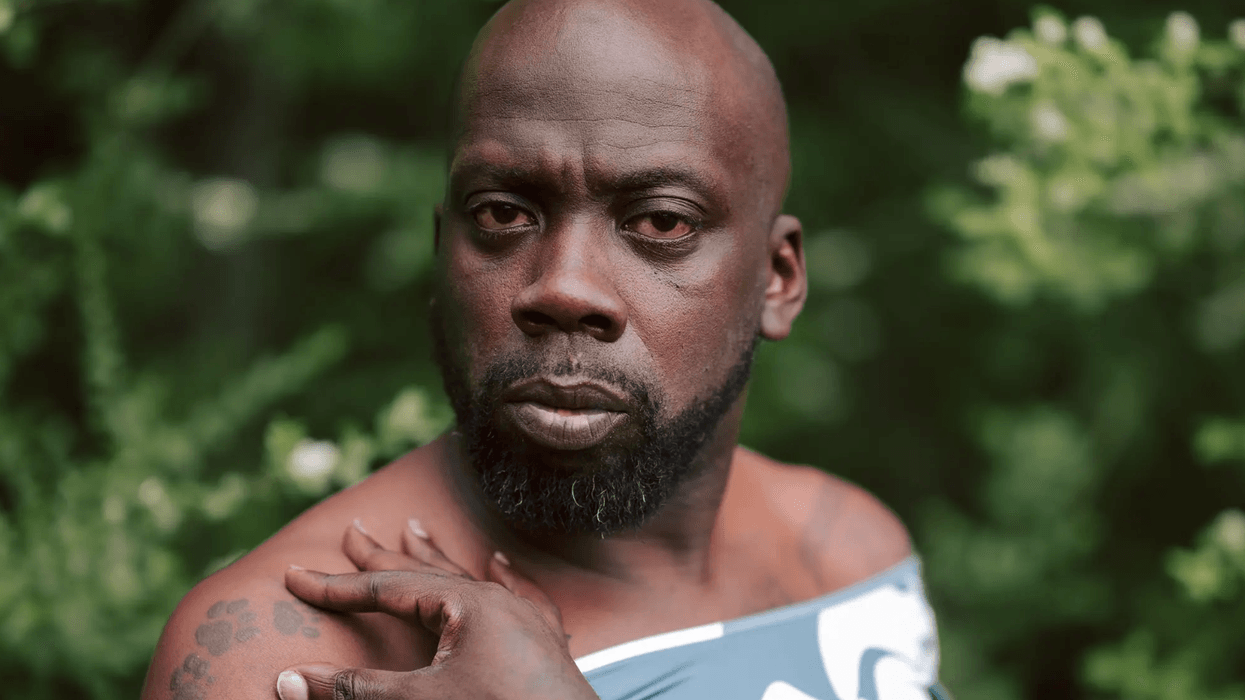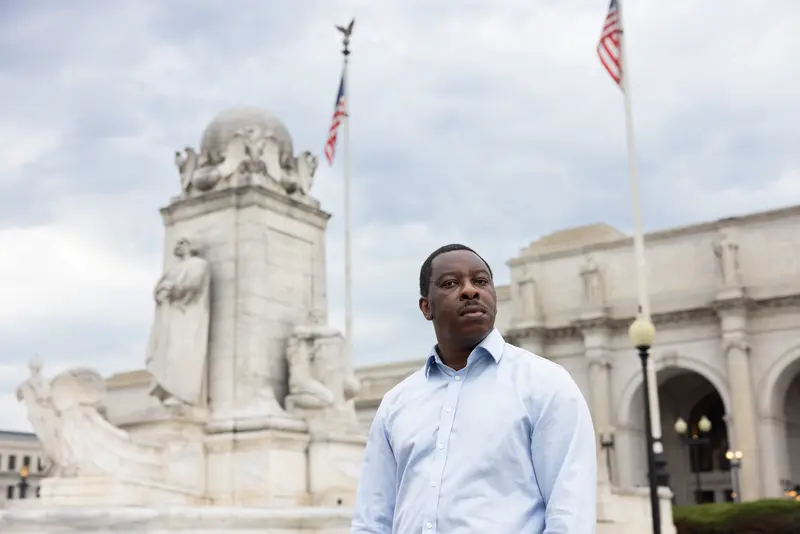Montana's new restrictions on the handling of mail-in ballots illegally discriminate against Native Americans and will suppress their turnout this fall, the American Civil Liberties Union and five tribes alleged Thursday.
They filed a lawsuit asking a state court to strike down a measure approved by voters in 2018 and just now taking effect. They say new curbs on who may collect others' ballots, and how many, effectively disenfranchise Native Americans who live in remote areas without home mail delivery.
It is the newest front in the fight for voting rights across Indian Country, coming a month after the settlement of a legal battle allowing North Dakotans living on reservations to cast ballots even without complying with the state's restrictive voter ID law.
Voting rights advocates and Democrats generally favor permissive rules about party operatives or neighbors collecting the absentee or vote-by-mail ballots of others and delivering them to local election offices. They say that boosts civic participation by the elderly and people in remote areas. But Republicans say the practice known as "ballot harvesting" is ripe for vote fraud — and, in fact, a do-over was ordered in 2018 in a North Carolina congressional district amid evidence the GOP candidate's allies had abused the system.
Sign up for The Fulcrum newsletter
In Montana, where most voting is done by mail ahead of Election Day, 63 percent of voters approved new rules, proposed by the solidly GOP Legislature two years ago, including a cap of six ballots that can be dropped off by one person and a requirement that the person dropping off the ballots complete a registry form, with a $500 penalty for violations.
That "ignores the everyday realities that face Native American communities," Jacqueline De León of the Native American Rights Fund said in a statement announcing the suit. "It is not reasonable to expect voters to drive an hour to drop off their ballot, so collecting ballots in reservation communities just makes sense."
Six percent of the state's population identifies as American Indian. There are eight tribes and seven very rural reservations, with a combined population of 70,000 who have limited access to mail service and high poverty rates, meaning long drives can be a hardship.
The suit says that two Native American advocacy groups in the state have been assigning their canvassers to collect an average of 85 ballots each in recent election.
Montana is among the last states with a presidential primary, on June 2. It is colored a relatively deep red on the November presidential map, President Trump having carried it by 20 points last time, although the Democrats are bullish in picking up an open Senate seat since Gov. Steve Bullock changed his mind this week and decided to go after it.
Also, the census is expected to show enough recent population growth in Montana to give it a second House seat for the coming decade, and demographics plus the presence of an independent redistricting commission mean that new district will likely tilt blue.

